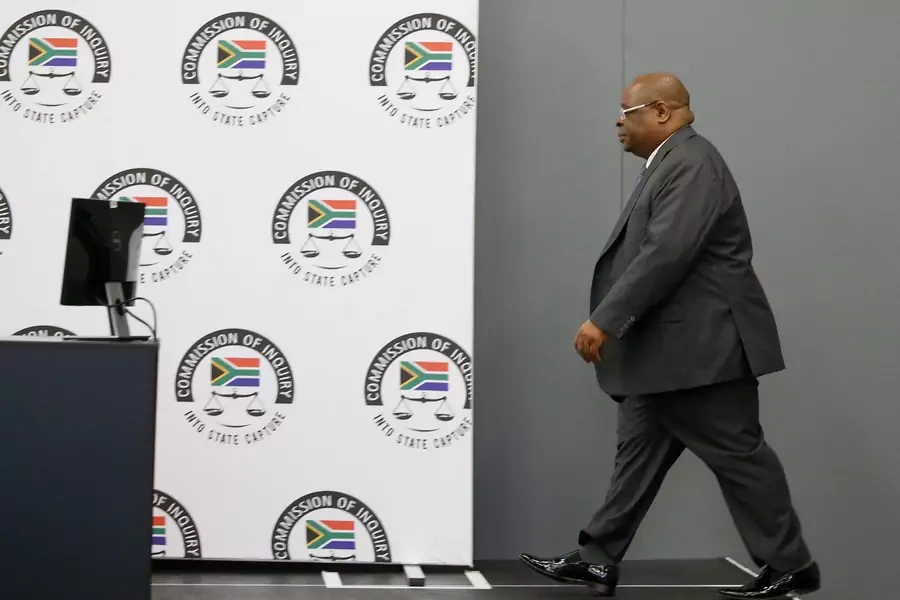South Africa Continues to Grapple With Zuma-Era Corruption

Corruption has become a burning political issue in South Africa, particularly in the final years of Jacob Zuma’s abridged term in office. The faces of South Africa's Zuma-linked corruption were the three Gupta brothers: Ajay, Atul, and Rajesh. They immigrated from Uttar Pradesh in India in 1993, and the family has since become enormously rich; Ajay was commonly thought to be among the richest people in South Africa with a fortune of some $700 million. The Guptas were close to Zuma, whose son worked for them. They are accused of “state capture,” influence peddling, contract skimming, and numerous other white collar crimes.
For the past several months, the Zondo Commission has been investigating high-level corruption, including that allegedly perpetrated by the Gupta brothers. Amidst Zuma’s fall from power a house they owned was raided by police and warrants issued for their arrest. The Gupta brothers are currently based in Dubai. They have been at the center of controversy for many years, implicating in their alleged corruption consulting giants KPMG and McKinsey, and British public relations firm Bell Pottinger in 2017. Shortly thereafter, in October 2017, the Financial Times reported that the FBI had opened an investigation into the activities of the Gupta brothers’ nephews—American citizens living in Texas—and their links to the brothers. The UK government at the time was also probing ties to HSBC and Standard Chartered.
More on:
The Guptas are declining to leave Dubai and return to South Africa to testify before the commission, but it is important to note that they have thus far been formally charged with little, convicted of nothing, and deny wrongdoing.
Many or most South Africans believed that Zuma oversaw massive corruption as president, especially in state-owned enterprises. His administration is also judged by many as having badly managed the economy, in part because of personnel decisions influenced by outsiders for their own benefit. Zuma tried to move the government in an authoritarian direction, but he was largely blocked by the country’s independent judiciary, a lively parliamentary opposition, and a highly vocal civil society and free media. President Cyril Ramaphosa, then his deputy, successfully drove Zuma from office before the latter’s presidential term ended in the face of widespread popular distaste for Zuma and his association with corruption. Nevertheless, Zuma retains significant political support within the ANC, among the rural poor, and especially among his fellow Zulus, who are about a quarter of South Africa’s population.
Ramaphosa reportedly was initially reluctant for the commission to go ahead, but, in the end, he had no choice because of various judicial rulings and parliamentary pressure. Once the commission began its work, Ramaphosa’s allies (and perhaps Ramaphosa himself) hoped that the commission would illustrate that the ANC could clean up its own house. Instead, according to critics in the media, the commission has shown that corruption was pervasive within the party. It is too soon to say what the impact of the investigations into the Guptas and corruption elsewhere will be on the national elections, likely to take place in the first half of 2019. Though it is changing slowly, up to now, voting has largely been along racial lines. The ANC is officially "multiracial,” but it has been the party of choice for the eighty percent of the population that is black and mostly poor, and therefore, since 1994, has dominated the country’s politics. Even if the commission's findings do not translate into opposition votes, it will promote government transparency and the rule of law.
More on:
 Online Store
Online Store